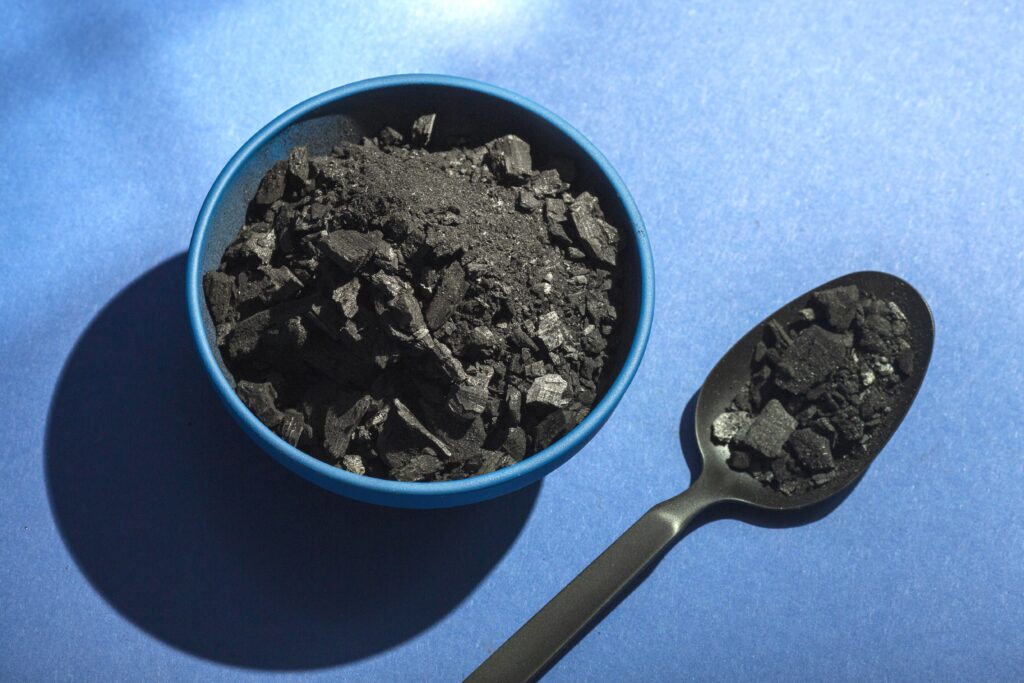Looking for ways to grow healthier plants and practice more sustainable gardening? Consider turning to an ancient technique that’s making a comeback – BIOCHAR. This potent soil amendment has been in use for centuries and is now gaining popularity with home gardeners for enhancing soil quality and promoting plant growth. We’ll explore the definition of biochar, its advantages for your home garden and simple ways to incorporate it into your gardening routine. Let’s delve into it!
What is Biochar?
This is essentially charcoal produced by heating organic materials such as wood, plant waste or agricultural leftovers in a low-oxygen setting. This method, called pyrolysis, results in a carbon-rich material that can improve soil quality. Despite sounding modern, biochar has a long history. Ancient societies like those in the Amazon basin utilized a comparable method to enhance their soil for agriculture.
Why Use it in Your Garden?
So why should you consider biochar for your home garden? Here are some compelling reasons
Improves Soil Health
Biochar’s high porosity enables it to effectively retain water and nutrients. Once incorporated into the soil, it functions as a sponge, retaining these crucial elements and facilitating their absorption by plants as required. This results in reduced watering frequency and decreased reliance on fertilizers, which are advantageous for low-maintenance gardening.
Encourages Beneficial Microorganisms
Healthy soil contains a multitude of organisms, such as bacteria and fungi that aid in the decomposition of organic materials and the circulation of nutrients. It establishes an ideal habitat for these microorganisms to prosper, fostering a diverse and thriving ecosystem in your soil. Stronger, more resilient plants stem from healthier soil microbes.
Reduces Carbon Footprint
It has a special advantage in its capacity to store carbon in the soil. Rather than letting carbon escape as greenhouse gases, biochar retains it in the ground for extended periods, possibly hundreds or thousands of years. You’re not only benefiting your plants but also contributing to the well-being of the planet.
Improves Soil Structure
Biochar can be beneficial for improving various types of garden soil, such as sandy, compacted, or heavy clay soil. It enhances soil aeration and drainage due to its porous structure, which in turn facilitates root penetration and nutrient access. This is particularly advantageous in container gardening, as soil quality can deteriorate rapidly.
How to Use it in Your Home Garden?
Using biochar is surprisingly simple, even for beginners. Here’s how to incorporate it into your garden routine.
Activate Biochar First
Before incorporating biochar into your soil, it’s recommended to “charge” or activate it. This can be achieved by blending it with compost, or organic fertilizers, or immersing it in a nutrient-rich solution for one to two weeks. Why is this necessary? It is extremely efficient at absorbing nutrients, to the extent that it may initially divert them away from your plants. By pre-loading it with nutrients, you guarantee that these advantages are directly transferred to your plants.
Mix It into the Soil
After being activated, biochar can be blended with your soil. Try to achieve a its proportion of approximately 10-20% of your overall soil blend. When dealing with raised beds, you have the option to integrate it directly into the upper 6-8 inches of soil. When dealing with containers, incorporate it into your potting soil to enhance drainage and nutrient retention.
Long-Term Benefits
Biochar has the advantage of not decomposing like other organic supplements. After application, biochar enhances the soil for an extended period, providing a durable, low-maintenance enhancement to your gardening practices.
FAQs about Biochar
Can I make my biochar at home?
Yes! While you can purchase biochar, some gardeners prefer to make their own by burning organic material in a controlled environment. However, be mindful of the process, as it requires specialized equipment and safety measures.
Is biochar safe for all plants?
Yes, biochar is safe for all types of plants but the amount you use may vary depending on the soil type and plant needs. Start small and monitor your plants’ progress.
How often should I add biochar to my garden?
One of the best things about biochar is its longevity. It doesn’t break down easily, so one application can last for years. You can top up with a small amount annually if desired.
Conclusion
If you’re looking to take your home garden to the next level, biochar is a game-changing addition. Not only does it improve soil health and plant growth, but it also contributes to a more sustainable, eco-friendly gardening approach. Whether you’re a seasoned gardener or just starting, biochar offers long-term benefits that can transform your space.


